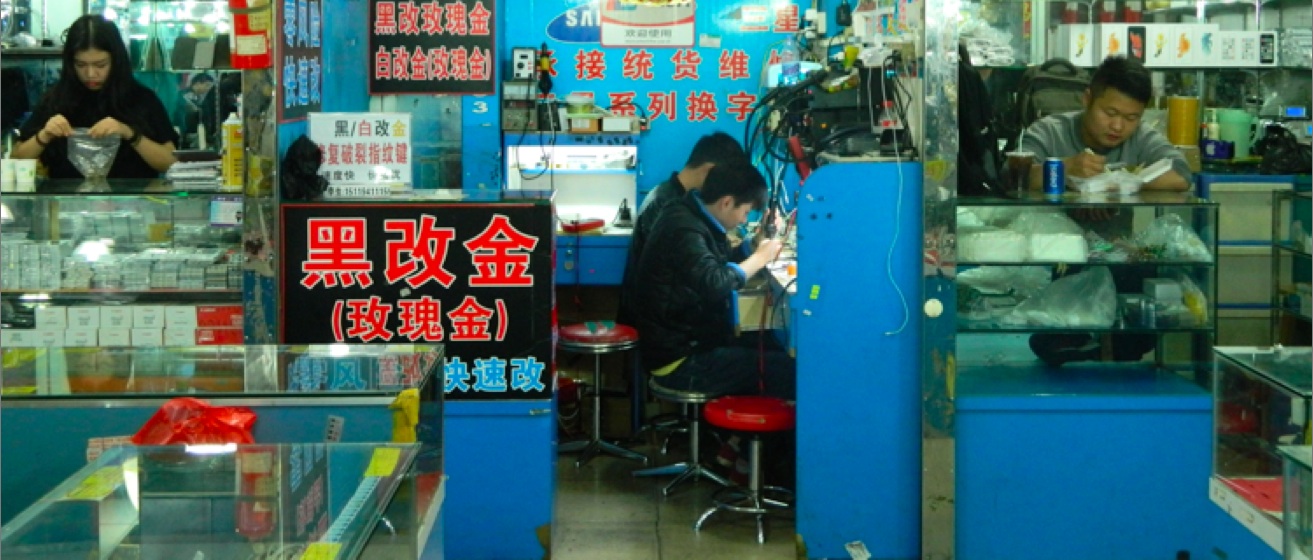New Design Economies
MUO-E3011 Design Strategy and Leadership
This material is temporarily lodged here for students of Aalto University, taking the above course, 9 April – 18 May 2018.
How are design and economics related? What are the key economic challenges that designers face today and how might we respond? What non-monetary economies can we engage with?
Through this 6-week course you will explore issues such as the effects of global finance, intellectual property and open innovation as well as informal and alternative economies. It is premised on a need to develop design strategies and leadership that reach beyond current economic orthodoxies.
You will participate in lectures, micro-assignments, reading groups and discussions. These will prepare you to define and develop an individual or group project that cultivates new ways of intervening in contemporary economic practices.
Aims and Objectives: NewDesignEconAimsObj
Provisional timetable: NewDesEconTimetable
Keyword Need to Knows: NeedtoKnows

In the first week you are required to undertake two assignments.
Assignment 1: Macro-economic stories and design
This assignment shouldn’t require any background reading.
Assignment 2: Non-monetary micro-economic practices
Reading for this assignment:
Gibson-Graham, J. K. (2008). Diverse economies: performative practices for other worlds’. Progress in Human Geography, 32(5), 613-632.
(If the link doesn’t work, look it up on Google Scholar and there should be a link you can follow to get it.)
Project to be undertaken in weeks 2-6: NewDesEconProjectMatrix
Further reading
Julier, Guy (2017) Economies of Design. London: Sage
(Note: taken from uncorrected book proofs)
Chapter 8. Sections on: Public Sector Marketisation and Consumption; Responses to New Public Management; Austerity; Towards Networked Governance; Design in Networked Governance; Virtualism.
Links to short articles, animations and video talks you should look at for more general background material: ReferenceLinks